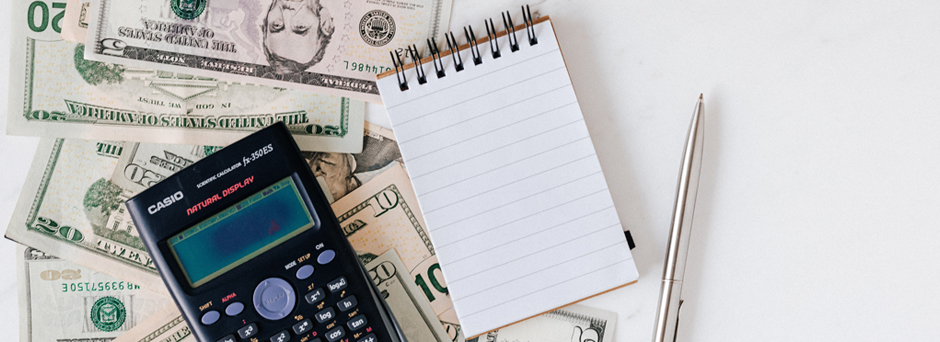Anne-Marie Saint-John, Alva, Long Island City, NY >
What Happens if You Stop Paying Your Debts?
Many small business owners under credit distress have considered the option to simply stop paying their debts. But before you make the decision to suspend your payments, consider its consequences.

Note that the following is a generalization of what occurs over a time period of 180 days if debts are left unpaid. However, specific cases may differ as the repercussions depend on the particular practices of each financial institution, the state in which you reside, the amount of the debt, and whether you have possessions that the bank can seize.
After a 30-Day Delay:
- You will be charged late fees.
- You may receive a reminder call from the bank.
- The delay could show up on your credit report, lowering your credit score.
- The annual interest on credit cards may go up.
- After the first late payment for mortgage loans the bank will try to contact you and could issue an order foreclosure.
After a 60-Day Delay:
- Tardy charges will continue.
- The bank will start calling you more frequently.
- The delay will show up on your credit report, lowering your credit score.
- The annual interest they charge you for credit card insurance will go up.
- A repossession order may be issued for car debts, meaning you will lose your car. You will still have to pay the difference between the current sale value of your car and the amount you owed at the time of repossession.
ARTICLE CONTINUED BELOW
After a 90-Day Delay:
- At this point, most financial institutions will consider you officially delinquent.
- Calls will get more aggressive.
- The total amount you are charged will continue to increase because late fees continue to apply and interest will also accrue.
- If the debt is not secured by a car or your house, they will probably offer you payment plan options and agreements to settle the account by paying 50% immediately. If they don’t offer you these options, you can ask for them. Please note that financial institutions generally will not negotiate with you until the 90 days past due.
After a 120-Day Delay:
- In the case of an unsecured debt for your car or for your home, the bank may give up its attempts to collect and sell the debt (the rights to collect it) to a collection agency. Collection agencies are incredibly aggressive in charging, so consider your rights against these collection agencies by reviewing the information that the Federal Trade Commission offers.
After a 180-Day Delay:
- The cards are canceled. This is called a charge off and is very detrimental to your credit record, as it means the bank feels that you will never pay the debt.
- Canceling the card does not necessarily set you free of debt, as the bank can cancel the debt on its own books, but sell the collection rights to a collections agency.
- If the debt was sold to a collection agency, the collection agency may sell the debt again, and so on. Each sale creates an additional record on your credit report, so your credit report and score take more damage when debt gets out of hand.
- There is no prison for debt in the US, but by not paying you are still considered to have violated a legal contract and the collections agency or bank may choose to take you to court. The typical consequences of losing one of these lawsuits are:
- Withholding a percentage of your salary
- Freezing your bank account
- A lien on your home
- Significant damage to your credit history. An account that is paid will normally be erased from your credit report after 7 years. However, this is not necessarily the case for accounts that have not been paid.
- Judgments that have not been paid can remain on the credit report for 20 years – or more! – depending on the state in which you reside.
Damage on Credit History
Having a bad credit history will negatively affect your chances of:
- Getting a job.
- Renting an apartment.
- Starting a mobile phone contract.
- Buying a car or a house.
- Getting approved for more credit when you need it (for example for a medical emergency).

In conclusion
It is worth doing your best to pay off your debts. If you are not going to be able to pay for a month or two, it is a good idea to call the bank to negotiate a grace period. You will be surprised to see how flexible banks can be as long as they see that you are willing to pay. Do what you can to avoid complications in the long run and take action today!


